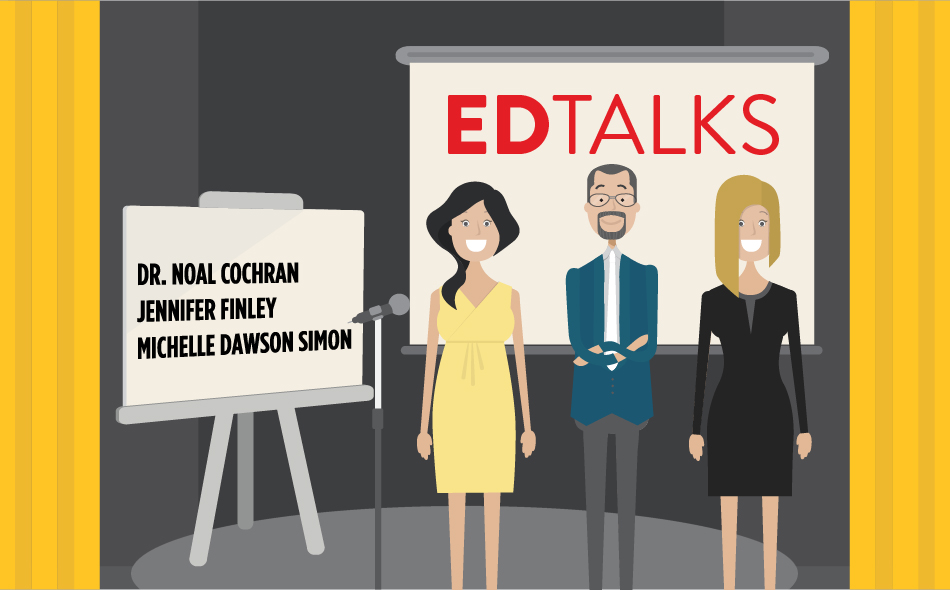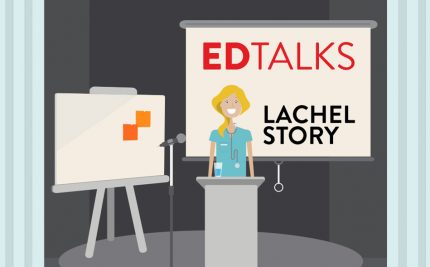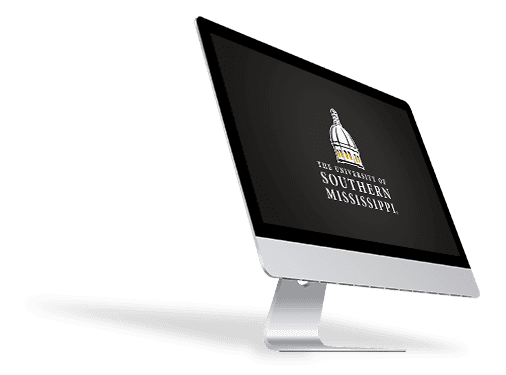Being a teacher’s assistant means you’ve witnessed firsthand what it means to be teacher. For many, being a teacher’s assistants is only a stepping stone to having their own classrooms. It’s a big step, but where do you get started?
For this EdTalks, we went straight to the people in charge of our Teacher Assistants Program for Elementary Education (TAP), and sat down with Dr. Noal Cochran, the Associate Director and Teaching Professor, Jennifer Finley, Instructor and Student Support Specialist, and Michelle Dawson Simon, Administrative Assistant of Undergraduate Programs. We focused on how teacher’s assistants can take control of the classroom and become a teacher. We talked about a range of subjects from who qualifies for TAP to what happens after graduation, so if you’re interested in moving from an assistant to a teacher, check out this interview.
Q: Let’s get started, who is TAP designed for?
JF: It’s for elementary Education Teacher assistants. K-6.
NC: Right, at this point, it’s K-6 general education. So PE teachers who might work in an elementary school aren’t going to be eligible. Special education teacher assistants will not be eligible. The teacher assistant will need to be in a general education classroom.
Q: Could you explain what the students will go through from start to finish with this program?
JF: Sure, [the online students] will take the same classes as the face-to-face students, only they will just take their classes online. It’s the same program that we offer in the classrooms. They’ll start the first two years with the basic classes, and then they’ll get their Gold Card. Once they get their Gold Card with an ACT score of 21 or higher, or the Praxis Core is completed, students will need a principal letter on file every year that states they work at their respective elementary schools. They will also have to get TK-20, then they will start their block classes, which will be their education classes that they will complete over the next 2 years.
Q: And what is the TK-20?
JF: TK-20 is an online program that is unique to education programs. All the education students use it. It’s like a portfolio. It’s a place for them to upload different assignments. It’ll have their philosophy of education, and their resume will be in it, too. When they student teach, their lesson plans will go there, and they’ll even have a video of them teaching.
Q: Are there any specific training or specializations that teachers can take as sort of a boost to their training?
JF: Well, in order to get a teacher license, you have to have the Praxis II. Even though they graduate, they still need to have taken that test. At that point, if students want to add any endorsements on to their skills, you can do something called “challenge the Praxis.” What they would do is take the Praxis specifically for those subject areas to add to their certificate.
Q: So it would be kind of like a subject specialization?
NC: Sure. All of our TAP students come out licensed to teach elementary, once they graduate and have passed the appropriate tests. They’re also going to be licensed to teach reading. Also, we have our students select another endorsement area as part of their natural curriculum. So they’ll take extra social studies classes to teach social studies, or extra English or extra science and get that added to their skills.
Q: What are the advantages of going through TAP over going a different route?
JF: I think the biggest advantage of that is that they are already in the school system. Therefore, they have a tremendous advantage of having a teacher already there to help with coursework and be there to lean on for support. Student’s in other routes have their professors here, and they will be in the classrooms, but they won’t be as immersed in it for eight hours a day for five days a week the way TAP students are. Plus, if you’re already in the school system the chances of you being hired as a teacher are higher than if you’re in the other programs.
Q: What’s something the TAP at Southern Miss can do for students?
NC: What we can do for students is advise them before they get here. Sometimes we’ll get people who are ready. If they contact us the semester before they leave Community College, we can review their transcript, and we’ve done this already for some people. Michelle will say, “This is what you’re missing in your core.” Jennifer will sit down and talk with them, and we’ll advise them for their last term at their community college so their ready when they get here.
JF: Actually, I’ll advise them throughout their entire time at Community College if they reach out to me. I don’t reach out to them, but if they reach out to me, if they’re willing to make the phone call or the email, I will tell them exactly the courses to take to make sure they’re taking the correct ones. That’s a resource I’m not sure that they know of, all TAP advisement comes through me now. So any student in TAP can come to me with anything involving academics.
Q: What’s something you would like to tell people who might have reservations about continuing their teaching education?
NC: We get asked often, “Well what if they don’t want to hire me as a teacher?” And we tell them, if they didn’t want you as a teacher, you wouldn’t be there as a teaching assistant.
A big thank you goes out to Jennifer Finley, Michelle Dawson Simon, and Dr. Cochran for sitting down and talking to us about the program. And if you’re a teacher’s assistant and looking to take over your own classroom, you can find more information on our Elementary Education BS for teacher assistants.





Share on Social Media: